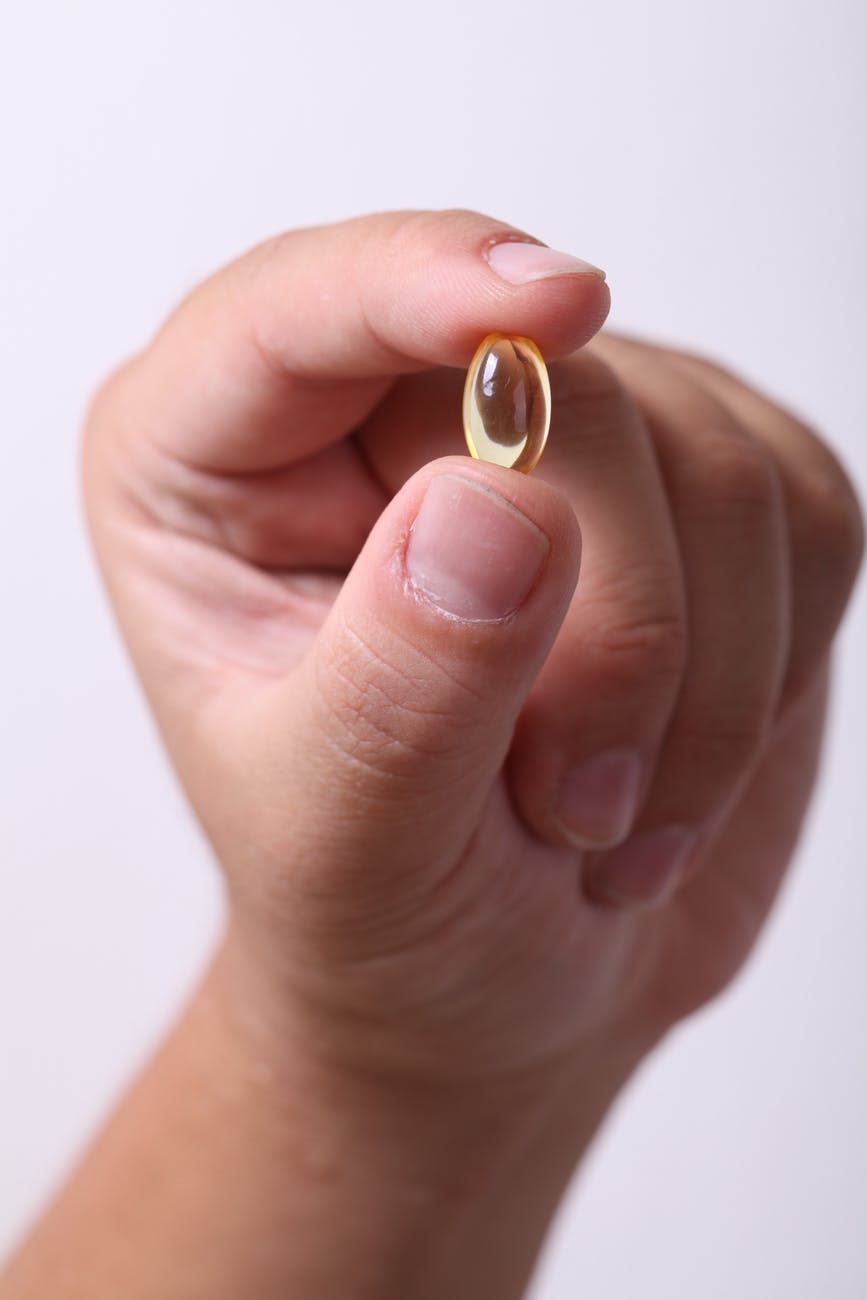Your body is capable of synthesizing many of the nutrients it needs to stay healthy. However, there are some vitamins that your body cannot produce on its own. These are referred to as essential vitamins because it is necessary for you to obtain them from the foods you eat and/or from dietary supplements.
There are at least 13 essential vitamins. However, some of them are similar enough to be grouped together. The following is not an all-inclusive list of essential vitamins, but it does cover some of the most important ones.
1. B Vitamins
There are eight B vitamins considered essential, including riboflavin, niacin, and thiamine. Part of the reason that B vitamins are essential is that they are water-soluble. This means that you must constantly replace them because they keep passing out of your body through your urine. The exception is vitamin B12, also known as cobalamin, which is stored in the liver and helps to make myelin for nerve fibers, RNA, DNA, and red blood cells. Thiamine and most other B vitamins help to maintain your metabolism. Meats, grains, and nuts tend to contain B vitamins, and a thiamine supplement could also help.
2. Vitamin C
Also known as ascorbic acid, vitamin C is an antioxidant. This means that it helps to prevent cell damage by binding to free radicals. It helps to support immune health, strengthen blood vessel walls and promote wound healing. Vitamin C is prevalent in many vegetables and fruits, especially citruses.
3. Vitamin K
There are actually a group of compounds combined together under the umbrella term of vitamin K. It appears that vitamin K1 and vitamin K2 are the most important. Vitamin K is available from green, leafy vegetables such as broccoli or spinach. You can also obtain it by eating liver. It is necessary to help your blood clot properly, preventing blood loss and anemia. Vitamin K deficiency is more common in infants than adults.
4. Vitamin D
Along with calcium, vitamin D is vital for helping to maintain the strength of your teeth and bones. Vitamin D works to help your body absorb calcium so that it can send the mineral where it is needed. Exposure to sunlight prompts your body to make its own vitamin D. However, you can also get it from fish, egg yolks, and dairy products such as milk or butter.
5. Vitamin E
Like vitamin C, vitamin E is an antioxidant. In addition to preventing cell damage, it also helps to maintain red blood cells that transport oxygen through your blood to your body tissues. You can obtain vitamin E from seeds and nuts, as well as eggs and egg products, such as mayonnaise, and vegetable oils.
6. Vitamin A
Vitamin A is present in egg yolks and cold-water fish such as salmon. It helps to improve your vision at night and offers benefits for the following body parts:
- Teeth
- Bones
- Gums
- Glands
- Nails
- Hair
- Skin
It has an important role to play in the development of cells and may help to prevent lung cancer.

